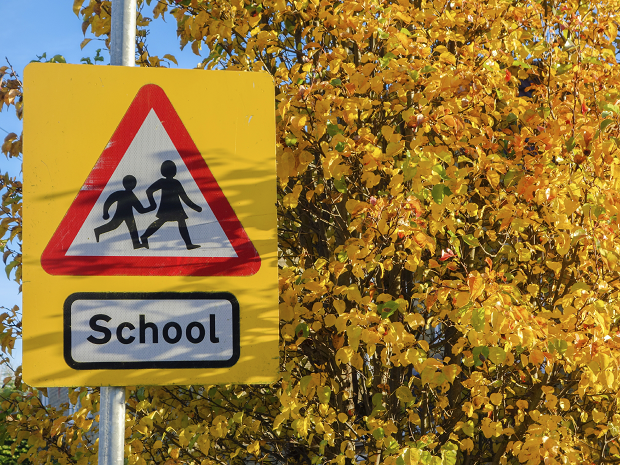
Today’s news review looks at a new report from the Education Policy Institute on educational outcomes for socially disadvantaged pupils.
EPI report on the attainment gap
Today, Thursday 3 August, the Education Policy Institute (EPI) released a new report looking at the progress made in closing the gap in attainment between disadvantaged pupils and their peers.
While the overall attainment gap between disadvantaged pupils and their peers is narrowing, the report, Closing the gap? Trends in educational attainment and disadvantage, suggests that for those who are long-term disadvantaged the attainment gap is widening.
It also noted that areas such as Derby, Cumbria, Knowsley, South Gloucestershire, Dudley and Darlington are showing considerable attainment gaps.
The report received broadcast coverage this morning on the R4 Today programme, BBC Victoria Derbyshire and BBC Breakfast, as well as BBC Online, The Independent and TES.
There was also a comment piece in the Spectator, arguing that poor attainment in areas where there are pockets of deprivation is not necessarily due to poorer school standards. The piece cites bigger societal issues and references the Tauheedul Education Trust in Blackburn, where its hands-on approach with parents has seen real success in academic results and pupil outcomes.
Our data – based on the exam results of children eligible for free school meals – shows that the attainment gap between disadvantaged children and their peers has narrowed since 2011. More disadvantaged students than ever are also now attending university.
In terms of funding, we are investing an additional £2.5 billion this year through the Pupil Premium. We also have our separate £72 million Opportunity Areas programme, which focuses on social mobility ‘coldspots’ across the country.
A Department for Education spokesperson said:
We are determined to ensure that all children, regardless of their background, get the excellent education they deserve.
Our data, which looks at the number of children who have been eligible for free school meals in the last 6 years, shows the attainment gap between disadvantaged children and their peers has narrowed since 2011.
But there is more to do. That is why, through the Pupil Premium, we are investing almost £2.5bn of additional funding this year to support schools in raising the attainment of disadvantaged pupils.
On top of this, our £72m Opportunity Areas programme will not only create opportunities for young people in social mobility ‘coldspots’ across the country, but best practice will be spread wider to more schools to ensure all young people get the opportunities they deserve.
To see our latest news on the Opportunity Areas programme, please see here.